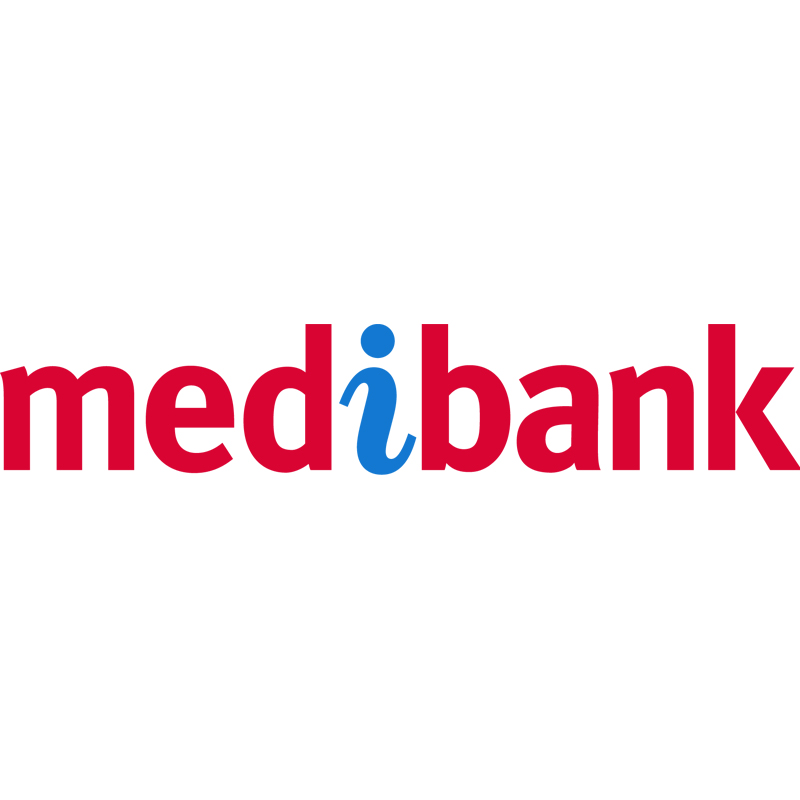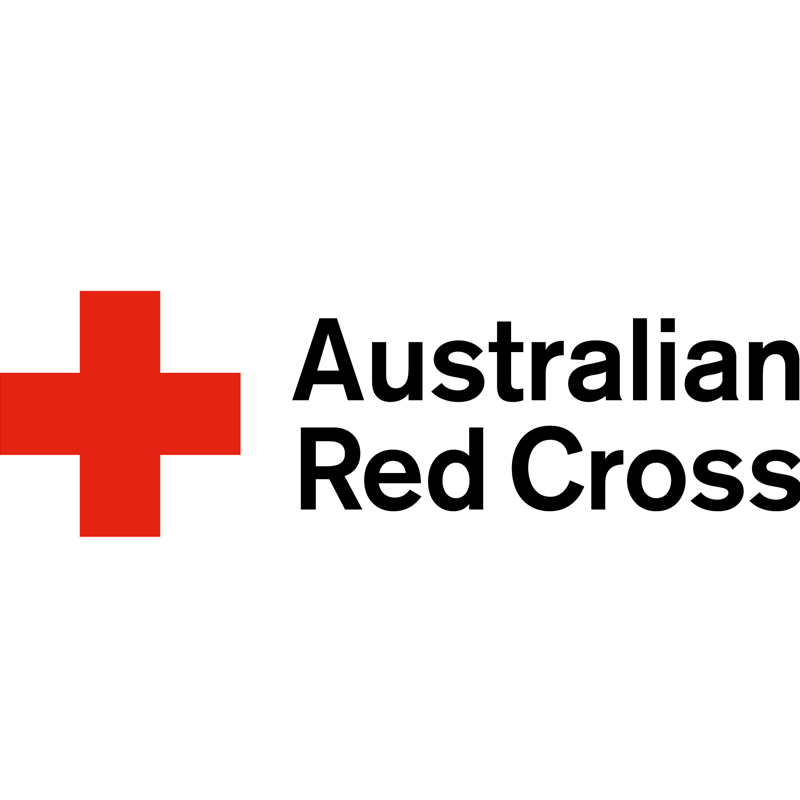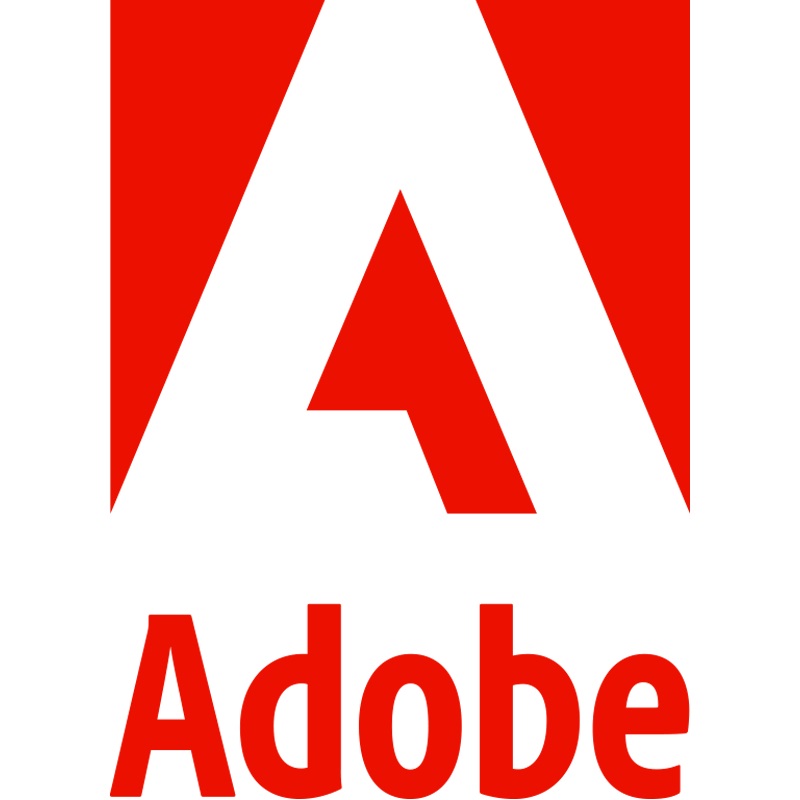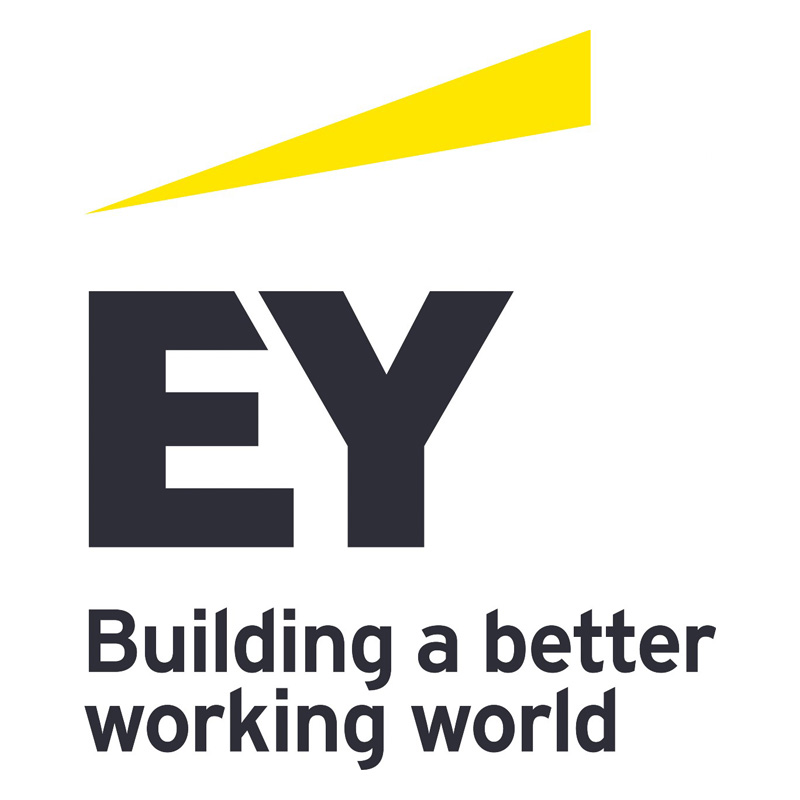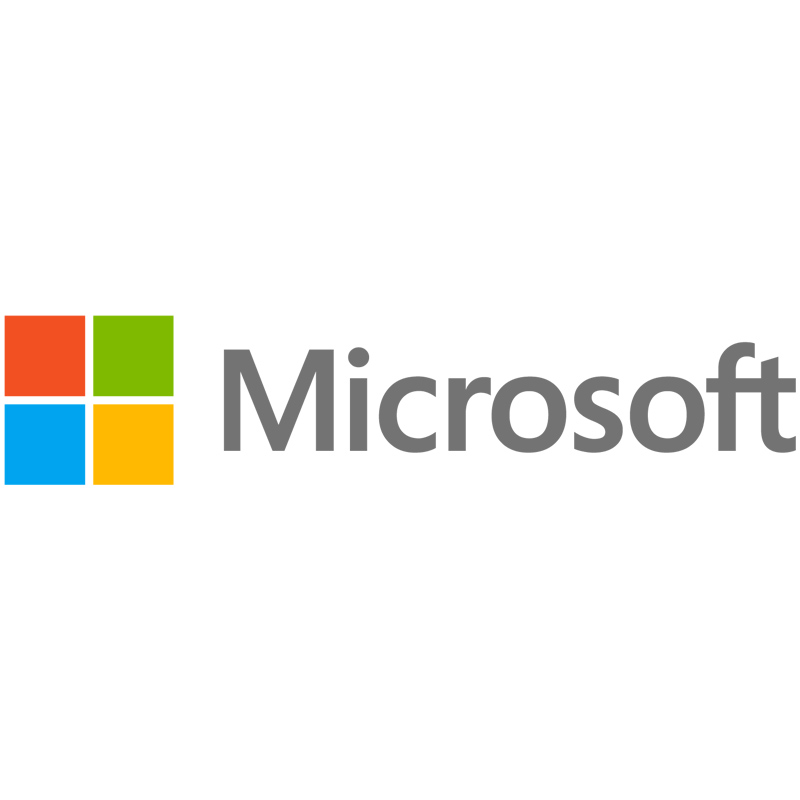This degree provides unprecedented flexibility. It starts with five foundation subjects that introduce you to the key issues currently facing industry, as well as a core introductory-level virtual internship.
Professional experience with chosen partners or sponsors continues throughout the course, giving you opportunities to design your own experiential journey, supplemented with your choice of disciplinary and cross-disciplinary study. In addition, choose any one (or two) majors, and complement this with a choice of 35 minors.
Alternatively, carve your own path by choosing not to do a major at all, and develop breadth across all of our business and cross-college offerings.
Your degree is flexible and allows you undertake direct industry engagement via internship when you are ready. Students who have completed their foundation and core subject allocation may complete the Professional Practice 96 credit points (2 semesters) anytime between year 2 and year 4 via the Professional Apprenticeship subjects. Your path is up to you — we are here to help you navigate it.
Plenty of personal and professional development opportunities help prepare you for work, as do the many subjects that apply your learning in real-world contexts and set you up with industry-based problems to solve.
We proudly promote an active learning style, embracing the online environment and encouraging you to do more preliminary work before class. This way, you are prepared to participate in engaging discussion and debate about the subject.



